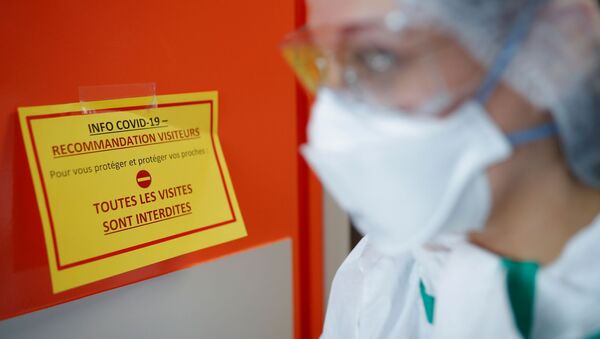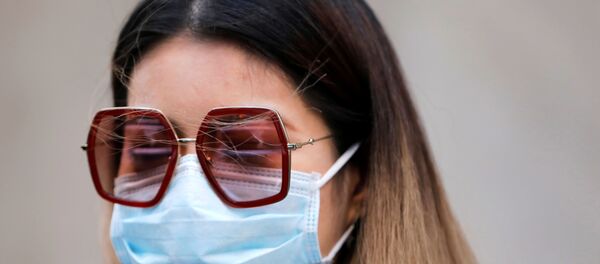Fabric masks do not protect the wearer from coronavirus, but can help protect other people, the Research Centre of Finland (VTT) has concluded.
Researchers also found that a fabric mask is several times inferior to professional protective equipment when it comes to holding back the virus.
Having tested polyester and cotton masks, VTT concluded that polyester is a better option than cotton due to its water-resistance and a filtration rate of about 40-50 percent as opposed to cotton's 20-30 percent. Still, none of them is a match for professional equipment.
"If you can work 8 hours with a professional filter, you only have about 10 minutes' time with a fabric mask", VTT research professor Ali Harlin told national broadcaster Yle, cautioning that masks should be switched regularly, as they become less effective over time.
While the daily wearing of masks won't entirely eliminate the risk of becoming infected, it still reduces the overall number of infections, VTT concluded.
“Masks can be an additional aid in the attempts to open up society again, but they alone are not the answer”, Harlin said, adding that social distancing, good hand hygiene, general caution and a basic understanding of how masks work is also required.
According to Harlin, masks can become a useful tool in busy or cramped public spaces, such as public transportation, shopping queues, and waiting rooms.
“When we talk, we eject droplets, and when we cough, we eject a lot of droplets. The virus travels on these droplets, but the mask can stop or slow their progress”, Harlin said, explaining that masks can prevent people from “unknowingly infecting each other”. Yet another precaution is choosing a mask that doesn't suppress or interfere with breathing.
While the government guidelines on mask use will be ready in early June, a poll by national broadcaster Yle revealed that most Finns don't want to make mask use obligatory. Merely 10 percent said they supported the compulsory wearing of masks, while 47 percent said the decision to wear or not to wear should be left to the individual.
Harlin suggested that a strong recommendation could work better than an absolute order.
With roughly 6,350 confirmed cases, almost 300 deaths and 5,000 recoveries, Finland claimed itself to have squashed the first wave of the coronavirus and is in the midst of a re-opening after a weeks-long national lockdown.



